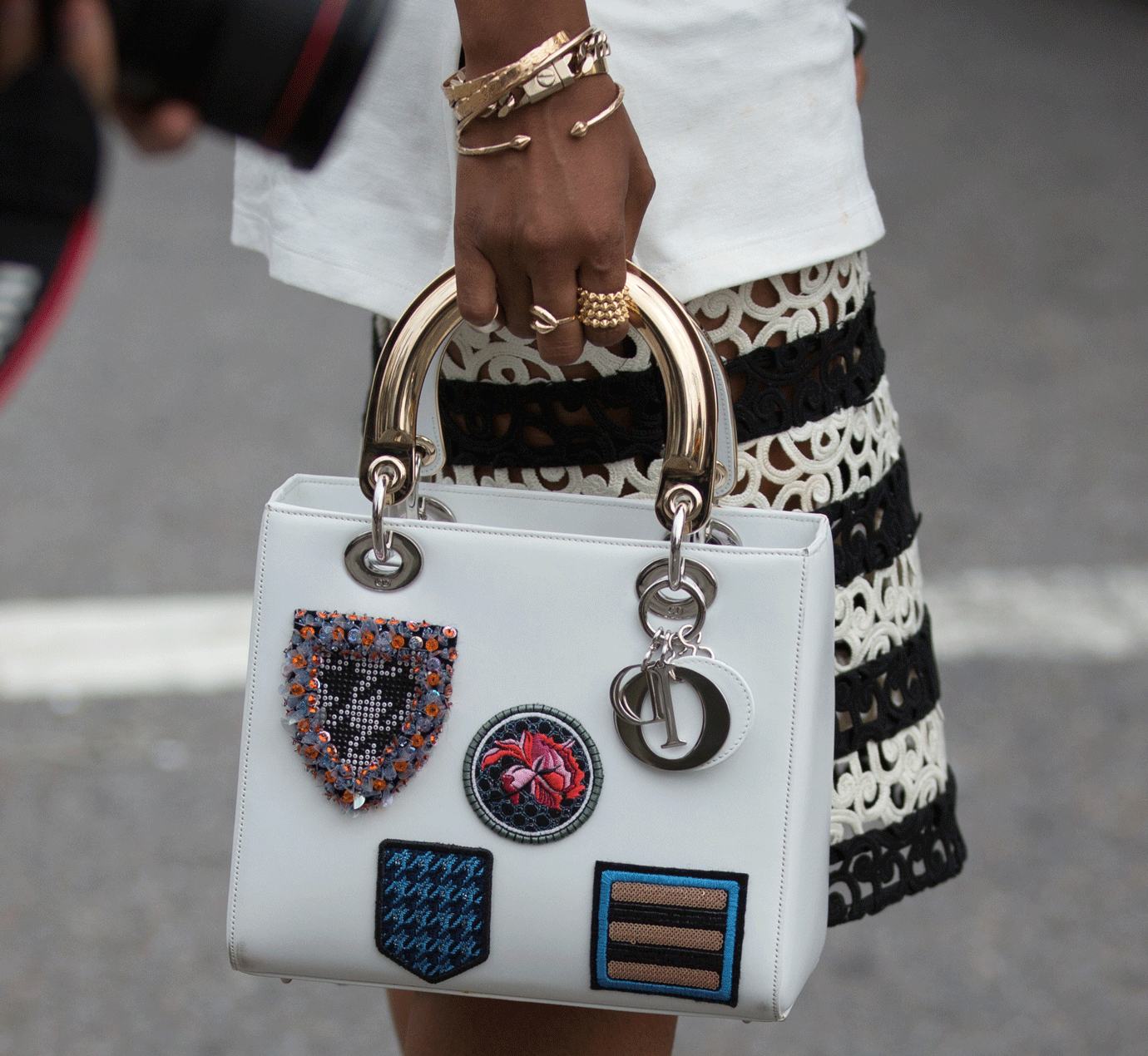The Nikah ceremony holds immense significance in Islamic culture, symbolizing the sacred bond between a bride and groom. This important event is not just a legal contract but also a spiritual and communal celebration. In Dubai, mosques play a crucial role as venues for these traditional ceremonies. They provide a serene and respectful environment, ensuring the sanctity of the occasion.
Moreover, experiencing a Nikah in a Dubai mosque means witnessing unique customs and etiquette. This article aims to provide accurate information on the etiquette and traditions observed during Nikah ceremonies in Dubai mosques. By the end, you’ll have a clear understanding of these beautiful and meaningful events.
Nikah in Dubai Mosques: Traditions and Customs
Preparing for the Nikah Ceremony
Preparing for a Nikah in a Dubai mosque involves several important steps. First, both parties must gather the required documentation. This includes marriage contracts, valid identification, and, if applicable, previous divorce certificates. These documents ensure the legality and legitimacy of the union.
Next, the mosque administration plays a pivotal role in organizing the ceremony. They handle the scheduling and provide the necessary religious guidance. Many mosques in Dubai offer services to help couples prepare, ensuring that all religious and legal requirements are met. It’s advisable to contact the mosque well in advance to secure a date and complete any administrative procedures.
Families also have their own preparations to make. Invitations are typically sent out to friends and relatives, ensuring that loved ones can witness the special occasion. Choosing appropriate attire is another crucial aspect. The bride often selects traditional dresses, while the groom usually opts for formal attire that respects Islamic customs.
Additionally, families may arrange for decorations and refreshments. Although the mosque itself maintains a simple and dignified setting, personal touches added by families make the event unique and memorable. Overall, these preparations ensure a seamless and meaningful ceremony, honoring both the couple and the traditions of the Nikah.
Traditional Nikah Ceremony Practices
A traditional Nikah in a Dubai mosque follows a series of well-established steps, each rich with meaning and significance. The ceremony typically begins with the Khutbah, a sermon delivered by the Imam. This sermon emphasizes the importance of marriage in Islam and offers guidance to the couple on leading a life of mutual respect and compassion.
Following the Khutbah, the ceremony proceeds to the Ijab-Qubul, the formal offer and acceptance. During this pivotal moment, the groom makes an offer of marriage to the bride, which she formally accepts. This exchange of vows is the heart of the Nikah ceremony, signifying the couple’s commitment to each other.
The involvement of the Wali, or guardian, is another critical aspect. The Wali, often a male relative of the bride, ensures that the marriage is conducted with her consent and best interests in mind. Additionally, two witnesses are required to validate the union, further emphasizing its legitimacy.
Cultural variations can influence the specifics of the ceremony. While the core elements remain consistent, practices may differ based on regional traditions within Dubai. For instance, some families might incorporate additional prayers or rituals that reflect their heritage.
Understanding these traditional practices helps appreciate the depth and beauty of a Nikah ceremony. By respecting these customs, families honor their cultural and religious heritage, creating a meaningful and memorable event for all involved.
Etiquette and Dress Code
Attending a Nikah in a Dubai mosque requires adhering to specific etiquette and dress codes that reflect the ceremony’s sacred nature. The bride typically wears modest and traditional attire, such as an abaya or a cultural dress, often accompanied by a hijab. The groom usually opts for traditional attire, like a thobe or a formal suit, ensuring it aligns with Islamic principles of modesty.
Guests are also expected to dress conservatively. Men should wear long-sleeved shirts and trousers, while women should cover their arms and legs, often donning headscarves. This respectful attire is crucial in maintaining the decorum of the mosque and the solemnity of the occasion.
Behavioral expectations during the ceremony are equally important. All attendees should exhibit respectful conduct, including maintaining a quiet and attentive demeanor throughout the event. Mobile phones should be turned off or silenced to avoid disruptions. Additionally, adherence to mosque rules, such as removing shoes before entering certain areas, is mandatory.
Gender segregation plays a significant role in maintaining cultural and religious decorum during the ceremony. Typically, guests sit in separate areas within the mosque. This arrangement respects Islamic traditions and ensures that everyone can participate comfortably.
Understanding and respecting these etiquette guidelines enhances the experience of attending a Nikah ceremony. By following these customs, attendees honor the sanctity of the event and contribute to a meaningful and memorable celebration.
Post-Ceremony Traditions and Celebrations
After the Nikah ceremony, several customs follow to solidify the union. One of the key traditions is the signing of the marriage contract, which legally binds the couple as spouses. This contract, known as the “Aqd-Nikah,” is signed by the bride, groom, Wali (guardian), and witnesses, ensuring all parties acknowledge the union.
Celebrations typically begin once the official proceedings conclude. These can range from intimate family gatherings to larger receptions with extended family and friends. Smaller gatherings often include a meal and socializing, providing an opportunity for families to congratulate the newlyweds and offer their blessings. Larger receptions might feature elaborate feasts, music, and traditional dances, reflecting the joy and festivity of the occasion.
Traditional gifts hold significant meaning in Dubai’s Nikah ceremonies. Common gifts include jewelry, clothes, and household items, symbolizing the family’s support for the new couple’s life together. These gifts are not just tokens of goodwill but also practical items that help the couple start their married life.
Understanding these post-ceremony customs provides a deeper appreciation for the cultural richness of a Nikah in a Dubai mosque. By participating in these traditions, families and friends contribute to a memorable and joyous celebration, honoring the newlyweds and their journey together.
Nikah in Dubai Mosques: A Day to Remember
Experiencing a Nikah in a Dubai mosque is deeply meaningful. From the careful preparations to the heartfelt ceremony and joyful celebrations, every moment carries profound significance. The journey begins with understanding the required documentation and the mosque administration’s role, ensuring everything runs smoothly.
During the ceremony, the respectful conduct and traditional attire create an atmosphere of reverence. Witnessing the Khutbah and the exchange of vows brings everyone closer to the couple’s sacred union. Post-ceremony, the celebrations, whether intimate or grand, offer a chance to honor and support the newlyweds.
Mosques play a vital role, providing a peaceful space where couples start their journey surrounded by community support. Embracing these traditions honors a beautiful heritage. The Nikah ceremony becomes more than just a union—it transforms into a cherished memory, deeply rooted in cultural and religious significance.












